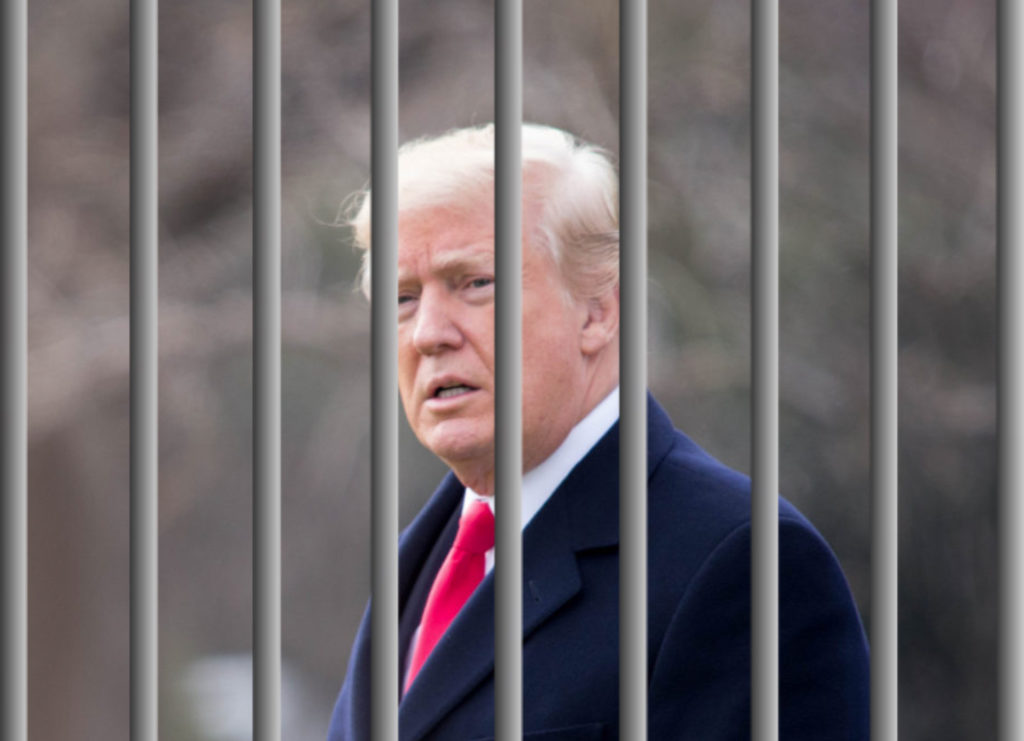Bad news for Donald Trump

If you’re reading this, you are probably painfully aware of the fact that waiting for Donald Trump to be held accountable requires the patience of a thousand saints. When a federal judge concluded on Monday that Donald Trump “likely committed felonies” in his efforts to overturn the 2020 election, even that wasn’t enough. A federal judge uttering such words is one thing, but the lawyers at the Department of Justice are the ones who would prosecute any charges against Trump.
A main sticking point with the DOJ deciding to proceed with charges against the slippery orange wrecking ball is “criminal intent.” The obstruction statute, for example, requires a defendant to have acted “corruptly” but doesn’t define that term, and even top legal analysts differ as to what it means. Ultimately, the DOJ must feel confident enough to convince a jury of Trump’s criminal intent beyond a reasonable doubt before bringing any charges.
So, if we are to see Don don an orange jumpsuit, abundant evidence of Trump’s criminal intent must surface. Fortunately, CNN just reported a development that speaks to exactly this issue. The presidential diarist, who compiles the official record, told the January 6th Committee two weeks ago that the office suddenly stopped receiving information about Trump’s annotated calls and notes starting on—wait for it—January 5, 2021.
This move represents a “dramatic departure” and is “all out of the ordinary,” according to one source. Another source described what Trump did as having “iced out” the record-keeping staff starting a day prior to the attack. This highly suspicious behavior, along with the seven-hour-plus phone records gap, can indeed help the DOJ prove that Trump had the requisite intent.
As this development exemplifies, critical Committee findings sometimes don’t get reported for weeks. Bringing a former President of the United States to justice is a tricky path but, tragically, a worthwhile one right now. Despite Trump’s history of obstruction, the Committee is making strides as the truth bubbles to the surface. The Committee’s work is already proving invaluable to Trump’s future prosecution—and it’s not over.

Ron Leshnower is a lawyer and the author of several books, including President Trump’s Month
